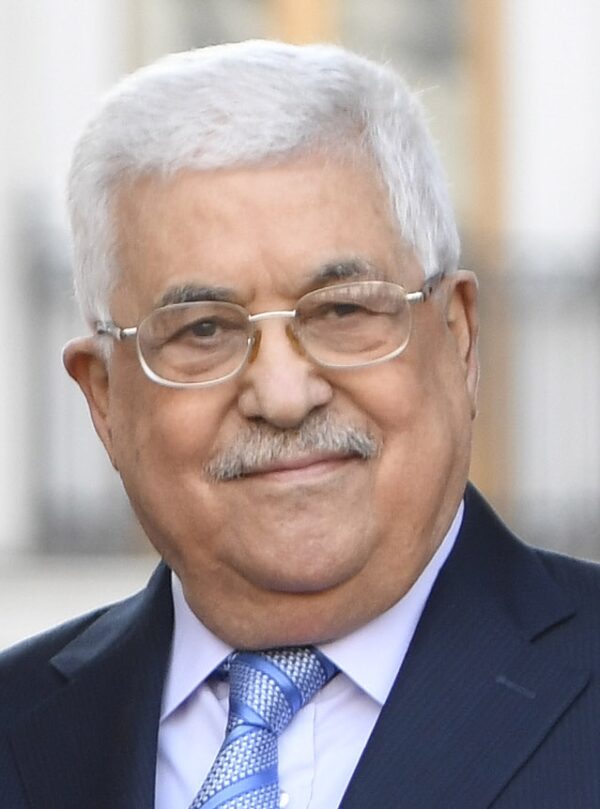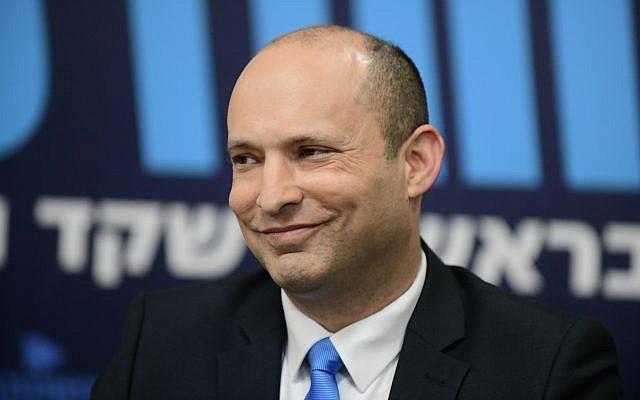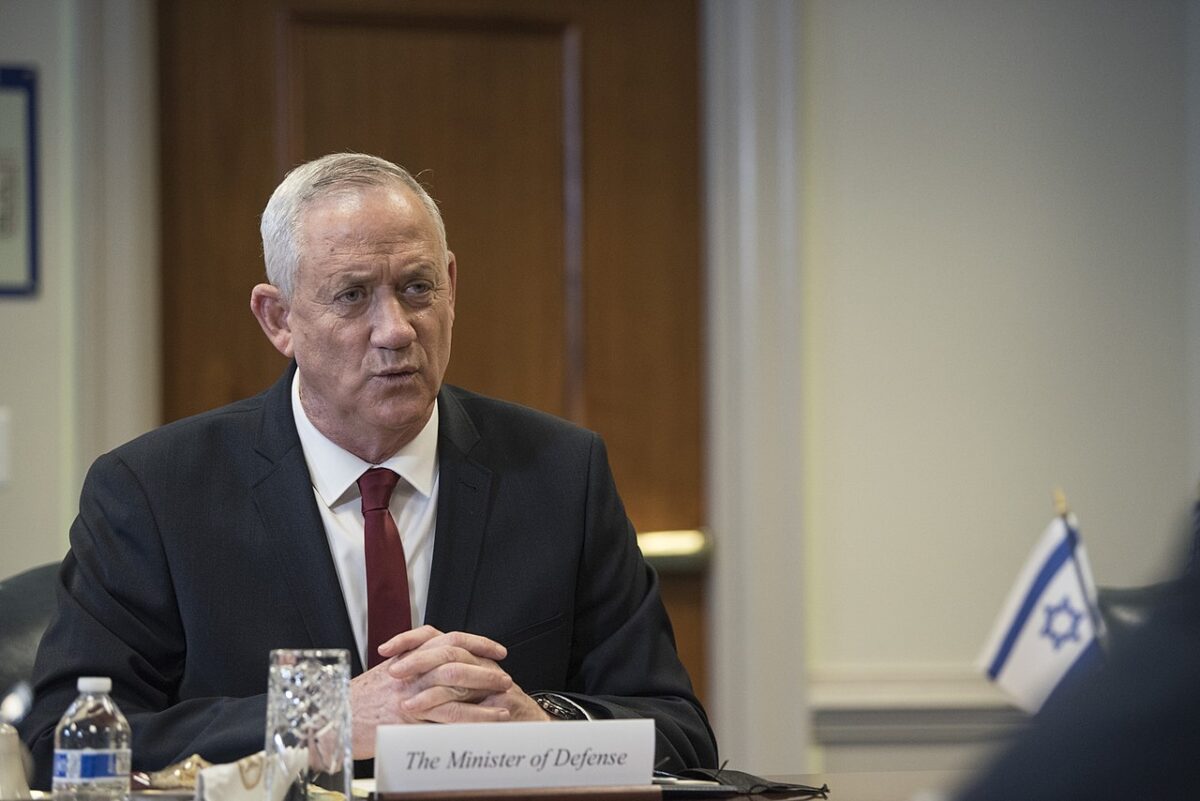Judging by Israeli Defence Minister Benny Gantz’s meeting with Palestinian Authority President Mahmoud Abbas in Ramallah on August 29, Israel may well be turning a new page in its often troubled and tumultuous relationship with the Palestinians.
In the first high-level face-to-face between Israeli and Palestinian leaders in 12 years, they discussed a wide range of issues from security and diplomacy to economic and civil affairs.
The following day, in line with the Israeli government’s new policy of strengthening the Palestinian economy in the West Bank, Gantz announced that Israel will loan the Palestinian Authority $155 million from tax revenues it collects on behalf of the Palestinians.
This arrangement will enable Israel to circumvent a law, passed in 2018, that requires it to withhold a portion of Palestinian tax revenues as punishment for the so-called “pay to slay” stipends the Palestinian Authority distributes to the families of terrorists languishing in Israeli prisons.
In addition, Gantz disclosed, Israel will recognize the residency rights of thousands of Palestinians living in the West Bank without legal status.
These goodwill gestures could well signify a shift in Israel’s approach to the Palestinian Authority, which was established during the Oslo peace process.
Under the 1995 Oslo agreement, the West Bank was divided into three zones — Area A, B and C. The Palestinian Authority, based in Ramallah, fully controls Area A, which comprises 18 percent of the land mass of the West Bank and includes all its major towns.
Israel occupies roughly 60 percent of Area C, where nearly all its settlements are located. Only in Area B, comprising 22 percent of the West Bank, do Israel and the Palestinian Authority exercise joint control.
During Benjamin Netanyahu’s second premiership, from 2009 to 2021, Israel’s bilateral relations with the Palestinian Authority took a nose dive, particularly after the collapse in 2014 of U.S.-sponsored peace talks. Indeed, Netanyahu’s strategy was to weaken the Palestinian Authority, claiming it was neither a reliable nor a trustworthy partner.

Apart from security cooperation, which occasionally broke down in a welter of mutual recrimination, there was virtually no formal contact between the two sides. Netanyahu and Abbas last met in 2010 and spoke over the telephone in 2017.
The impasse widened during U.S. President Donald Trump’s four-year presidency. Unabashedly pro-Israel, Trump cut off aid to the Palestinians after they rejected his one-sided peace proposals and moved the American embassy from Tel Aviv to Jerusalem.
And in a maneuver that blindsided and sidelined the Palestinians, he brokered normalization agreements between Israel and four Arab countries — the United Arab Emirates, Bahrain, Sudan and Morocco — within a span of only four months.
Netanyahu triumphantly claimed these accords shattered the widespread conception that Israel needed to settle its protracted dispute with the Palestinians and agree to a two-state solution before it could sign further peace agreements with Arab states.
Israel signed peace treaties with Egypt and Jordan in 1979 and 1994, but until last year the unresolved Palestinian question blocked Israel’s efforts to expand its outreach in the Arab world.
The Israeli government’s current campaign to improve bilateral relations with the Palestinian Authority is rooted in Prime Minister Naftali Bennett’s desire to upgrade cooperation with Abbas and smooth over relations with its chief ally and benefactor, the United States.

Bennett, an ardent right-wing supporter of West Bank settlements and a staunch opponent of Palestinian statehood who has called for the annexation of Area C, spelled out his policy on the eve of talks with U.S. President Joe Biden in Washington, D.C.
In a reference to his rainbow coalition, which consists of rightists, leftists and centrists, he said, “This government will neither annex nor form a Palestinian state. I’m prime minister of all Israelis, and what I’m doing now is finding the middle ground.”
Bennett also said that settlements in the West Bank would be free to expand through “natural growth,” a policy followed by Netanyahu and his predecessors.
In his discussions with Bennett at the White House several days ago, Biden underscored “the importance of steps to improve the lives of Palestinians and support greater economic opportunities for them,” a White House official said. In addition, Biden urged Bennett to refrain from “actions that could exacerbate tensions, contribute to a sense of unfairness, and undermine efforts to build trust.”
Bennett appears to concur with Biden’s confidence-building prescription for calm and stability. And although Bennett has not spoken to Abbas himself, he has encouraged President Isaac Herzog to do so and has delegated ministers in his cabinet to reach out to the Palestinian Authority. Some of Bennett’s ministers, though, are firmly against this policy.
Regional Cooperation Minister Issawi Frej, an Israeli Arab and a member of the left-wing Meretz Party, has been the driving force behind this effort.

It was officially launched on July 11 when Herzog spoke to Abbas after being sworn in as president. Eight days later, during the Muslim Eid al-Adha holiday, Abbas received phone calls from Gantz, Public Security Minister Omer Bar-Lev and Herzog.
On July 28, two Israeli ministers, Health Minister Nitzan Horowitz and Environmental Protection Minister Tamar Zandberg, met their Palestinian counterparts in Jerusalem.
On August 1, the Israeli government announced that 15,000 more Palestinian workers in the West Bank will receive permits to work in Israel in the construction, hotel and tourism sectors.
These permits will doubtless be of value to the Palestinian Authority in its struggle for dominance with Hamas, which rules the Gaza Strip.
The economy of the West Bank, battered by the coronavirus pandemic, shrank by 11 percent in 2020. Foreign assistance, meanwhile, has dipped alarmingly from $300 million to $30 million per year.
As Bennett has suggested, Israel’s attempt to bolster the Palestinian Authority serves its interests and falls within the range of cosmetic change.
It does not mean the Palestinians can look forward to statehood. At best, Bennett would grant them “autonomy on steroids,” as he once put it.
In short, Israel is merely tweaking the status quo to keep its relations with the Palestinian Authority and the United States on an even keel.
